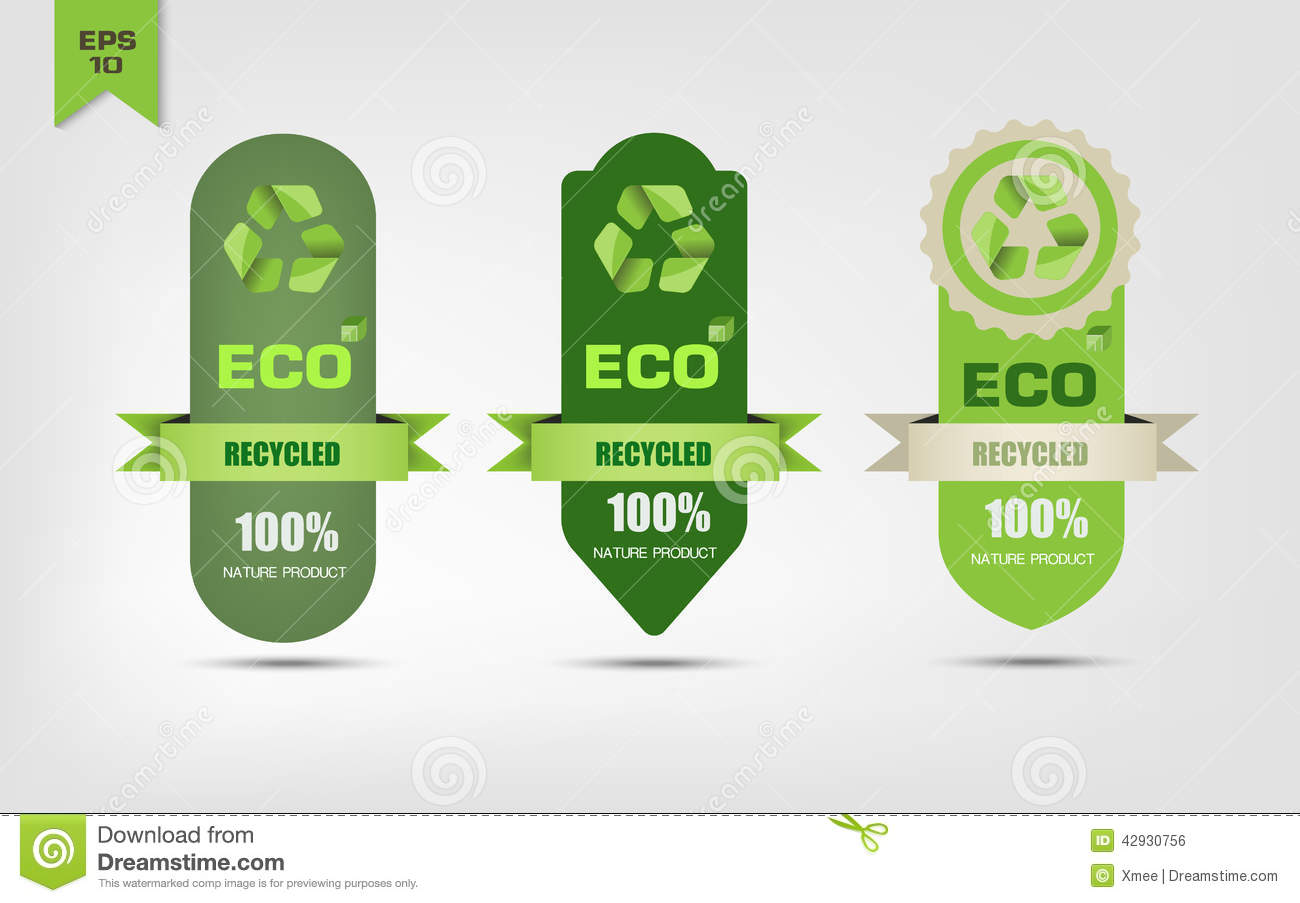From Guest Blogger Hannah Findlay: Eco-Labels and Sustainability

What exactly are eco-labels?
Eco-labels are a voluntary seal of approval for products which meet higher standards of environmental protection within the same product category. They are granted by a third party organization (non-profit, for-profit, or governmental), and are not aimed at replacing the mandatory quality control. The fact that they are voluntary and granted by an independent third party organization makes them more credible, and differentiates them from environmental logos and internal company certifications. Therefore, the use of eco-labels is twofold. Not only are they a seal of approval for more sustainable business practices, but they also prevent customers falling victim to greenwashing.
Eco-labels are focused on product’s life cycle, not a single environmental issue. This means that all of the stages of product’s life, from raw material extraction to manufacturing and disposal are taken into account. After the company applies for an eco-label, the organization which grants the seal of approval performs an audit based on scientific evidence, and the whole process is completely transparent. If the product is in compliance with the organization’s labeling scheme, it is granted an eco-label, which the company can use on a product. This process is repeated annually, as the organizations need to stay up-to-date with the newest technology developments and environmentally friendly practices.
How to make a more sustainable choice?
Shopping eco-friendly products means not only making a one-time ethical decision, but also leaning towards a more sustainable lifestyle. Therefore, eco-labels can be a useful tool for making a greener choice, as they inform customers about the products’ environmental performance in a straightforward way. Although there are more than 400 eco-labels on the market, which can confuse the consumers, eco-labels are segmented into groups by product categories, industries, and geographical area.
Check out the eco-labels infographic and learn more about the well-known eco-labels around the world, their managing organizations, and products they apply to.
